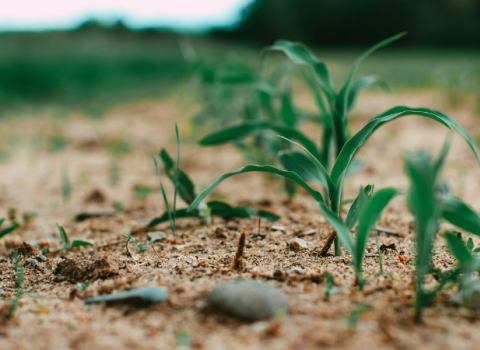Research lead
Researchers in one of the external groups of the Instituto Gulbenkian de Ciência, in Portugal, have discovered a novel mechanism which regulates angiogenesis, the process whereby new blood vessels are formed and wounds heal. The research by Sérgio Dias and his team have implications for the development of new therapeutic approaches to healing damaged blood vessels and building new ones.
Working at the Centro de Investigação e Patobiologia Molecular of the Portuguese Institute of Oncology Francisco Gentil, in Lisbon, the team showed that the endothelial cells that generate new blood vessels are stimulated by an intracellular signalling pathway, mediated by the protein Notch.
Researcher Francisco Caiado said, “We knew that the endothelial cells are stimulated by cells originating in the bone-marrow, the so-called bone-marrow derived precursor cells. We have now shown that the actual stimulus happens through the Notch protein, found on the bone-marrow derived cells. Upon activation, Notch promotes the adhesion of the precursor cells to the site of the lesion, where they stimulate the endothelial cells to make new blood vessels.”




 A unique international forum for public research organisations and companies to connect their external engagement with strategic interests around their R&D system.
A unique international forum for public research organisations and companies to connect their external engagement with strategic interests around their R&D system.